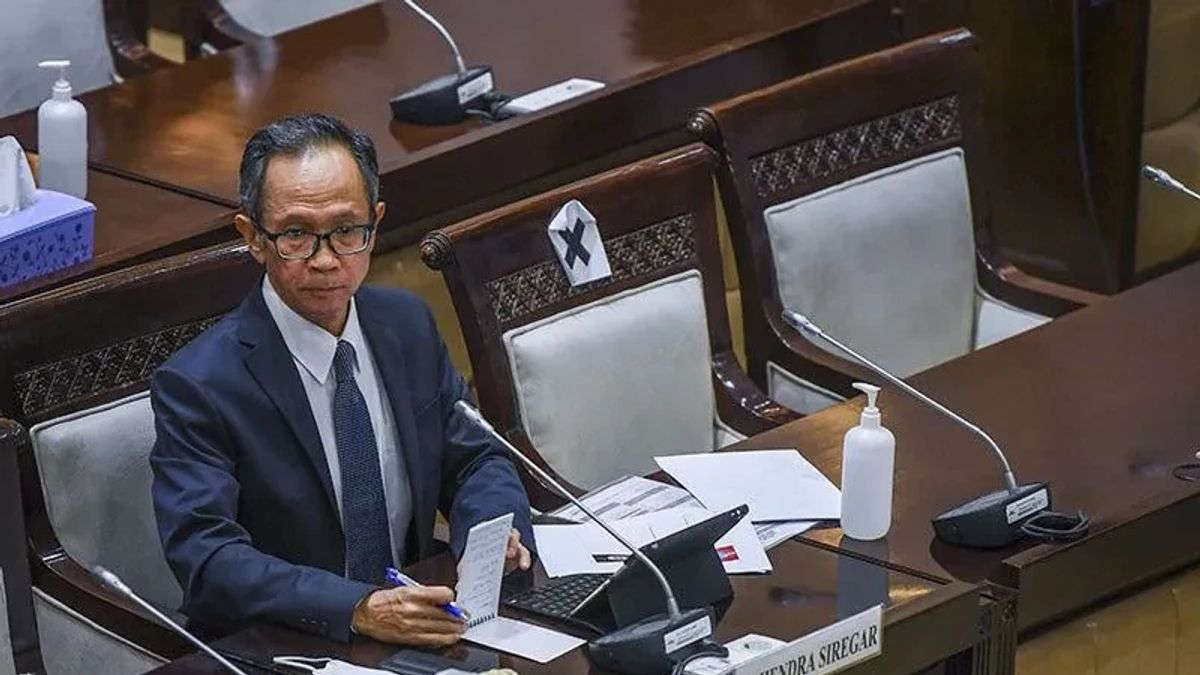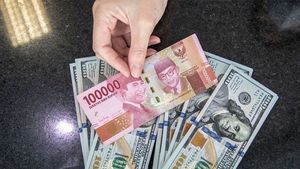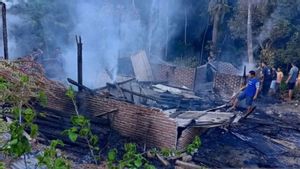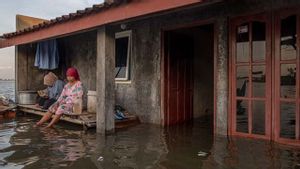JAKARTA - The Financial Services Authority is still preparing mechanisms and regulations related to carbon exchanges. This includes institutions that will be implemented.
In addition to the mechanism, the OJK is also waiting for the provisions for the imposition of taxes related to carbon exchanges.
"The rules and mechanisms are still being prepared. So the stock exchange is prepared," said OJK Board of Commissioners Mahendra Siregar when met at the Presidential Palace Complex, Jakarta, Tuesday.
Mahendra ensured that the carbon exchange would be carried out on the Indonesia Stock Exchange (IDX). One of the things that is being prepared is the carbon trading regulation on the IDX.
He also explained that the operation of the carbon market will be carried out when the carbon tax regulations and mechanisms have been issued by the Ministry of Finance.
According to him, the rules related to carbon exchanges and carbon taxes will become one unit.
"If the carbon exchange is going to run this year, the carbon tax must run this year," said Mahendra.
The carbon exchange is regulated in Law Number 4 of 2023 concerning the Development and Strengthening of the Financial Sector or PPSK.
In detail, the PPSK Law states that carbon trading through carbon exchanges is carried out in three ways, namely the development of carbon trading infrastructure, the regulation of the use of state revenues from carbon trading, as well as the administration of carbon transactions.
Separately, the Minister of Investment/Head of BKPM Bahlil Lahadalia said the government was looking for the right formulation so that carbon trading could be carried out on the stock exchange.
"On the OJK Exchange based on the P2SK Law," said Bahlil.
In preparing carbon trading infrastructure through carbon exchanges, the government also refers to the Regulation of the Minister of Environment and Forestry of the Republic of Indonesia Number 21 of 2022 concerning Procedures for the Implementation of Carbon Economic Values.
Indonesia is said to have great carbon market potential. With the third largest tropical forest in the world covering an area of 125 million hectares, Indonesia has great potential to lead the carbon market which is estimated to be able to absorb 25 billion tons of carbon.
Carbon trading is one way to control carbon emissions in a country. The Indonesian government has set a target in the 2030 Nationally Determined Contribution (NDC) as well as net zero emissions (NZE) or zero emissions by 2060.
In the NDC document, Indonesia targets an emission reduction of 31.89 percent with its own efforts, and 43.20 percent of international support by 2030.
The English, Chinese, Japanese, Arabic, and French versions are automatically generated by the AI. So there may still be inaccuracies in translating, please always see Indonesian as our main language. (system supported by DigitalSiber.id)













